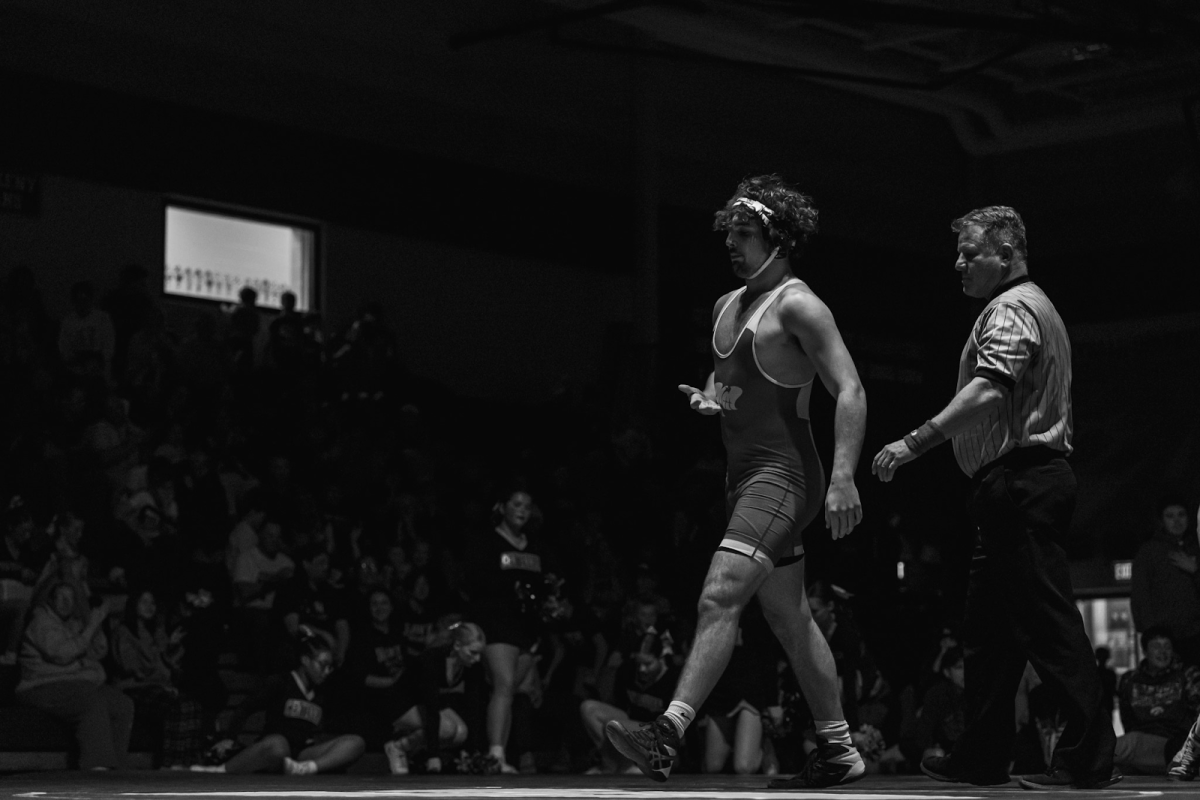Sunlight streams through the window, filtered through the mass of green leaves stretching toward it. Plants cover nearly every inch of available countertop, courtesy of the AP Biology classes that leave their test subjects behind. Any other free space is covered in dissection tools, from blunt-tipped probes, to forceps, to the dissection mats the subjects of Anatomy & Physiology classes sit on. This is room 1116, the home of long-time science teacher Lori Bing.
Bing has taught science for over thirty years, bouncing from Roosevelt High School, to Ankeny High School, to Indiana, and then back to Ankeny. Now, she teaches AP Biology and Anatomy & Physiology in the very school she graduated from. Throughout her thirty-four year career, she has remained steadfast in her passion for teaching.
“Your heart really needs to be in it. The vast majority of teachers that I’ve encountered in my long, long time teaching are in it for the right reasons. They truly care and want to help young people and to make a difference in their lives,” Bing stated. “You have to have what I would call your heart in teaching, [and] have the passion, because otherwise there’s things that are a lot easier [than teaching].”
However, Bing wasn’t always set on being a teacher, instead she had intended to become a doctor, but that all changed after she shadowed a physician.
“I was actually pre-med. I was pre-med all the way to January of my junior year in college…I was set to take the MCATs, and I job-shadowed our family physician. I could even tell you to this day what I was wearing, because it was a very impactful day. I shadowed him, and he was like, ‘Lori, you have everything you need… [but] You can either be a mom or you can be a doctor, but you can’t be both,’” Bing said. “Because he was saying, here he was, probably 60 or so at the time, and he was still working nights and weekends, and he’s like, ‘you can’t do [both]’. And I remember really thinking at that point, it meant more to me to be a mom than it was to be a doctor.”
Bing mentioned how, after that experience, her path changed to teaching science courses, beginning as a student teacher in college before continuing onto graduate school, and then starting her long career in teaching at Roosevelt.
“I taught my first three years at Des Moines-Roosevelt, and wasn’t necessarily looking for a new job, but a summer job became available in Ankeny. My aunt actually taught in Ankeny for years in elementary school, and I had just had my daughter, my first child, and so it made sense to teach in the place where we lived,” Bing said. “I knew the community, having grown up here. So then I taught in Ankeny for 16 years before we moved to Indiana. I taught there for eight and then, luckily, the [husband’s] company, Dow AgroSciences, merged with DuPont Pioneer, and brought us back then to Corteva, [and] to Central Iowa. So I’m back in the school that I graduated from.”
Although she has changed schools quite a bit throughout her career, it seems that Bing’s love of teaching has remained steady and strong, even throughout the ups and downs of her career.
“There’s very few jobs that dictate when you can go use the restroom, and you always have to be up and on your game. There’s never any downtime on that. So having the passion, I think, is most important, and really knowing that that’s what you want to do.”
In her time back at Ankeny, Bing’s reputation as a flexible and supportive teacher has marked her as someone students feel that they can go to for help.
“Actually, she’s done a lot to check-in with me…So, on days I’m not [communicating or participating], she usually checks in with me,” senior Avery Bacon said. “And she’s made some accommodations for me that I’ve talked to her about, and I know that she’s a person I can go to if I need to.”
Along with providing accommodations for those who need it, students say that she’s been very flexible with their often complicated extracurricular schedules, as well as being careful about the amount of assignments and classwork.
“Last year, I had track all the time, and I had anatomy 8th period, so I was missing class all the time. So, I’d have to go in, and make up tests, and she was always super flexible with that,” senior Kaylyn Miller stated. “She doesn’t really give us busy work. We have focus questions every day, but we do those in class…Whenever she hands out papers, it’s actually helpful…And I don’t think she ever gives us too much.”
On top of caring about students’ schedules and their stress levels, it seems that students appreciate Bing’s enthusiasm about her subject and her efforts to support her students’ futures.
“I would say I haven’t had a teacher like her before that is so passionate about what she does that she brings extra content into our class…As a teacher, I really like that, how she goes just beyond what AP is telling her to do and what the curriculum is telling her to do,” Bacon stated.
Recently, Bing has had students conducting research on one of science’s more controversial topics, the use of Henrietta Lacks’s (HeLa) cells in scientific research. Students seemed to enjoy the project as they researched topics involving the use of the cells and concerns over the ethics of using HeLa cells. Along with that, Bing used the project to help teach students where and how to find proper sources before they reach higher-level science courses.
“She really wants us to prosper…Most of her students are seniors or juniors, and we’re nearing the end of our high school career. She really wants to see us go into STEM fields, and she wants us to succeed in life. And she shows that through what she teaches and how she teaches. She really fights for her students.” Bacon said.
Along with that, Bing mentioned her own interests in getting students to understand the world around and the field of science in a way that fosters growth.
“The inquiry piece, the whole idea of science, should be something that you want to seek and answer. You want to foster that curiosity,” Bing said. “I want students to find that science is exciting, and there’s something that they find of interest, and to do that inquiry piece, problem-solving, [and] critical thinking…We want people to be excited about it because biology is all around us, and we need to understand it. Be excited, and be curious, and ask questions.”






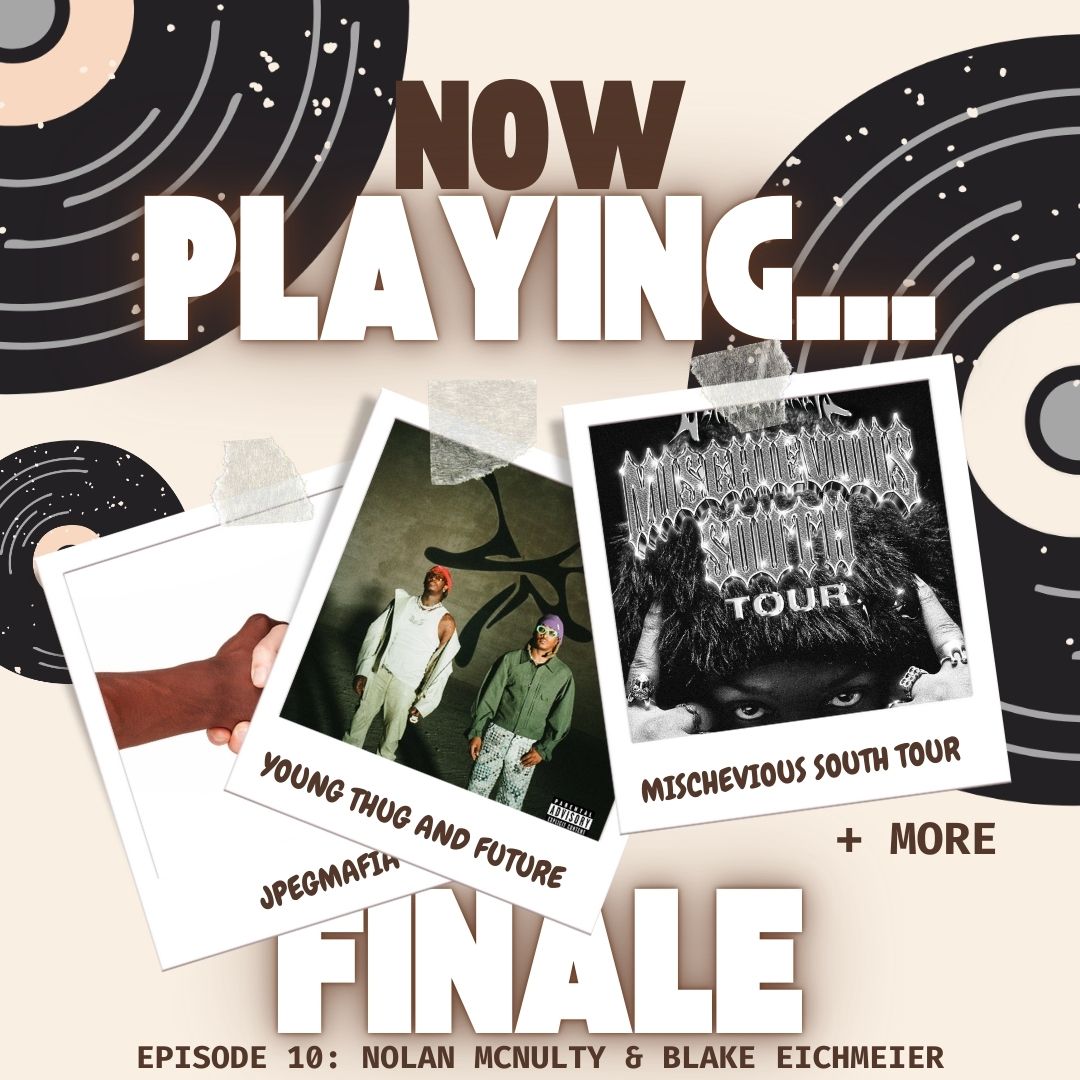


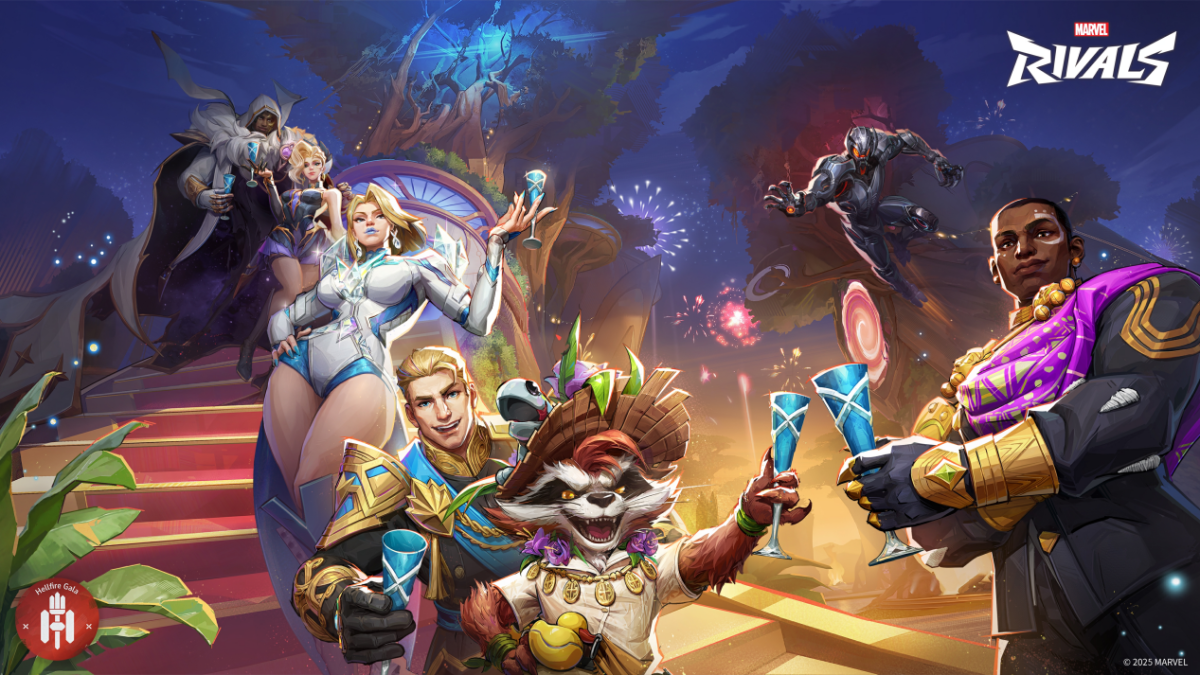

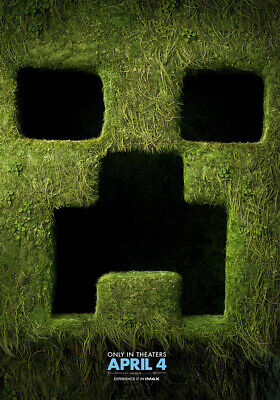








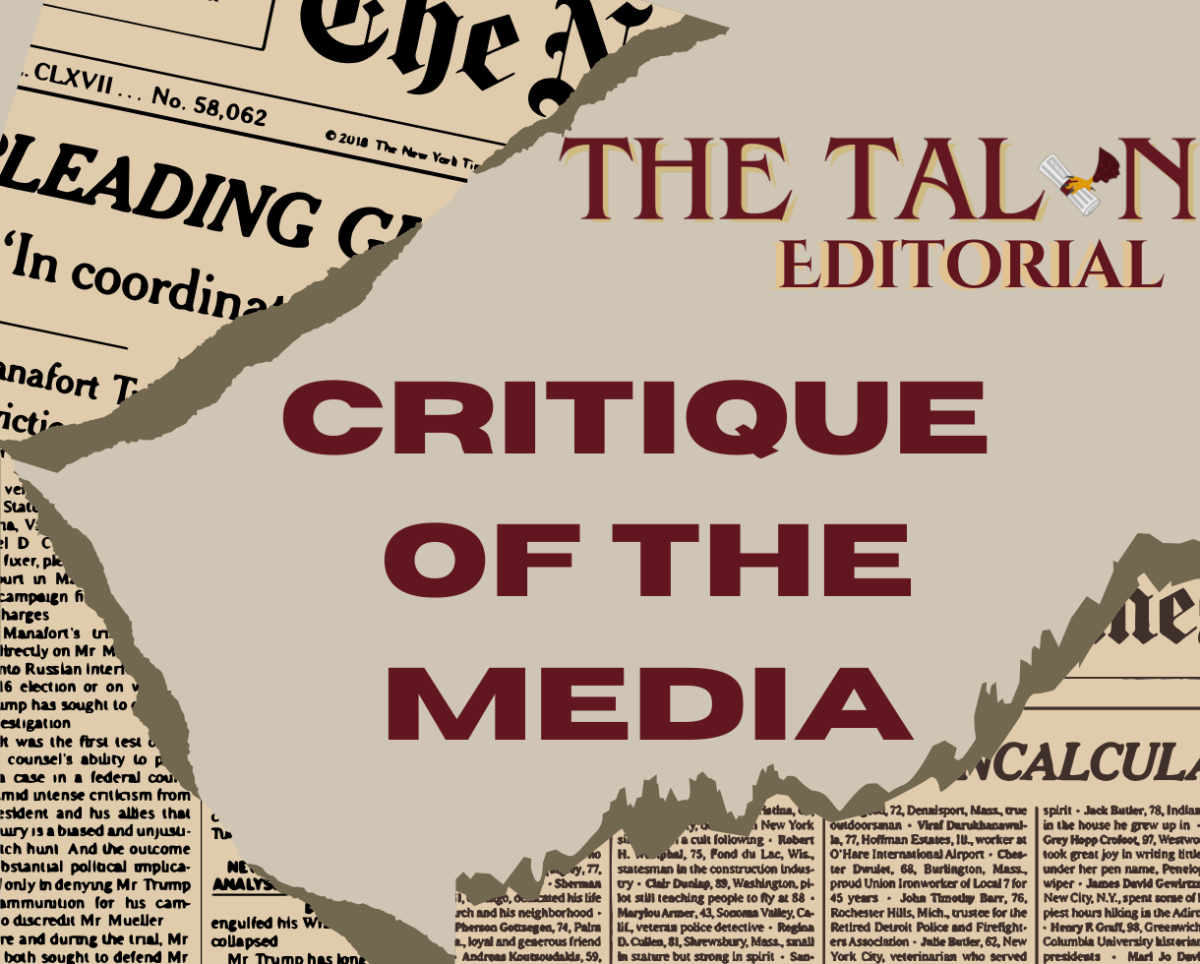
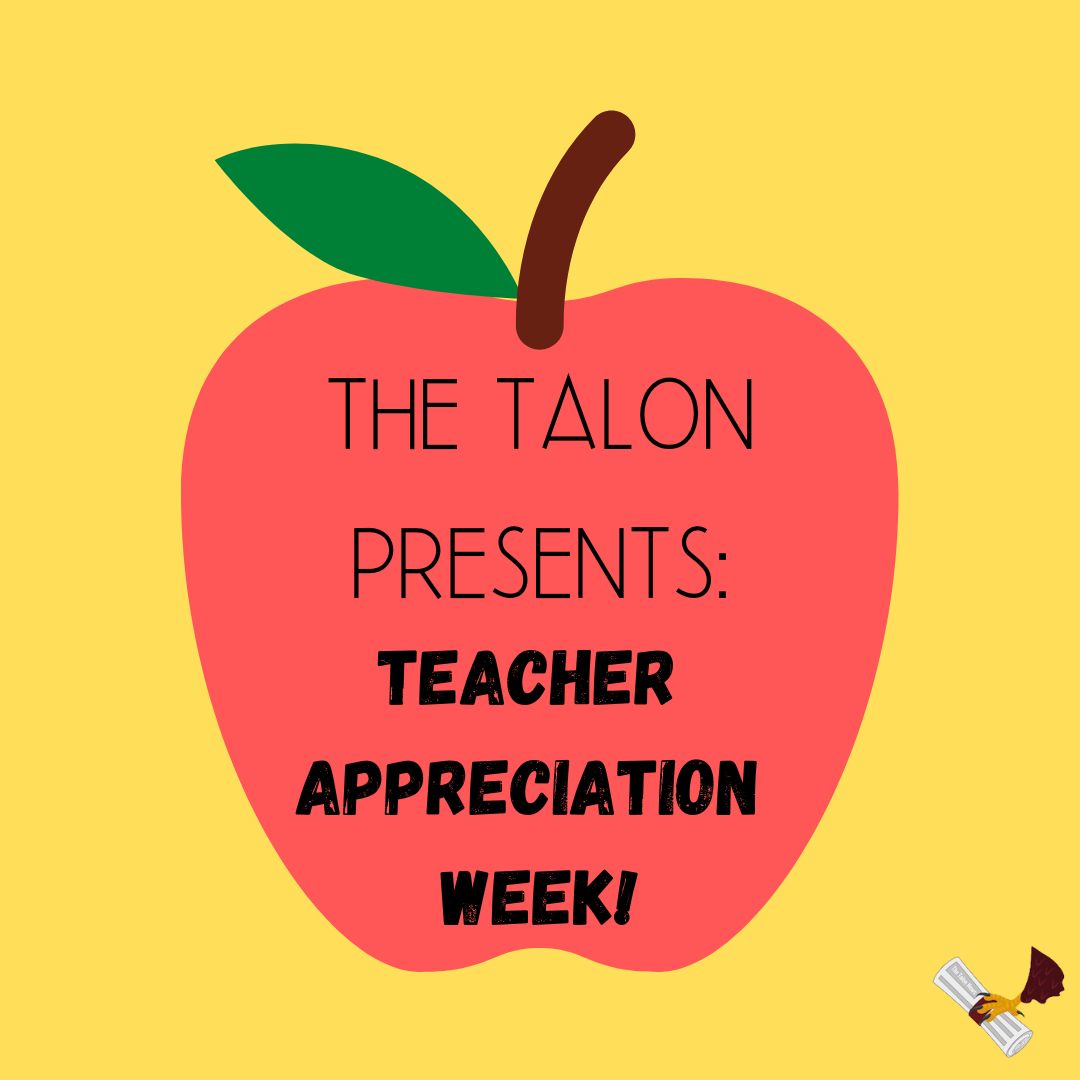

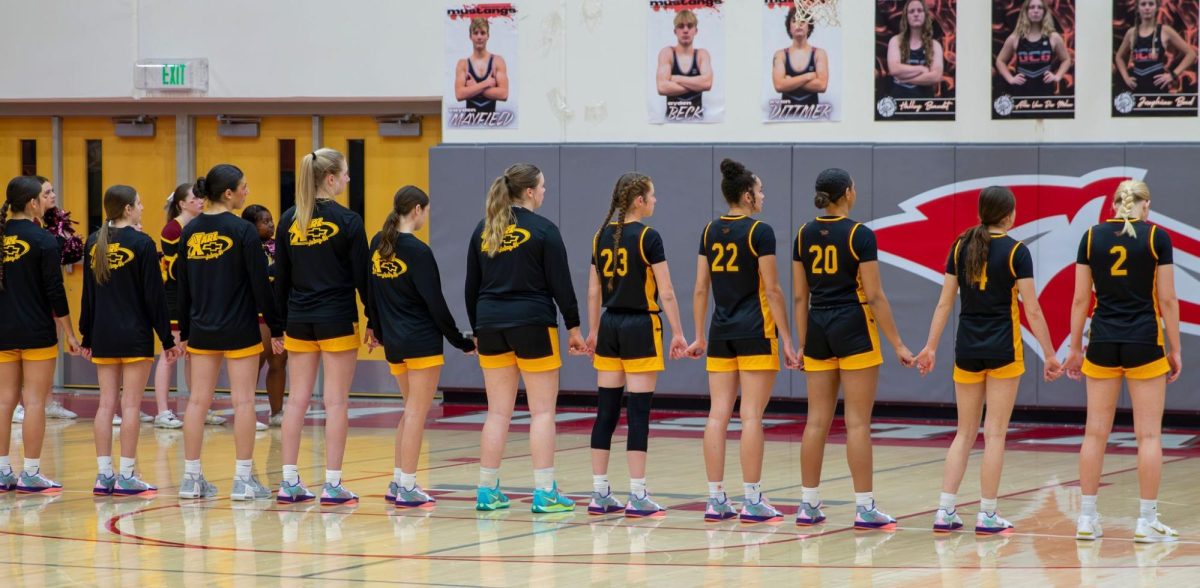
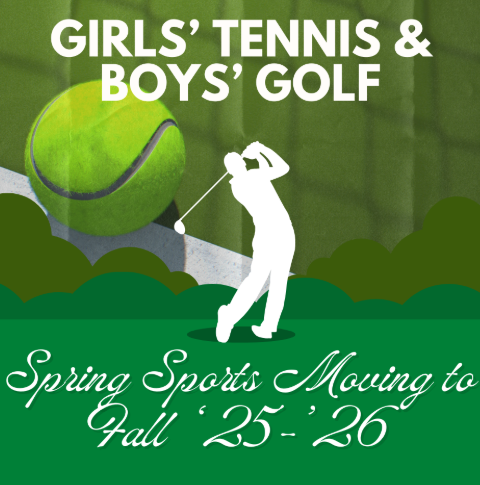
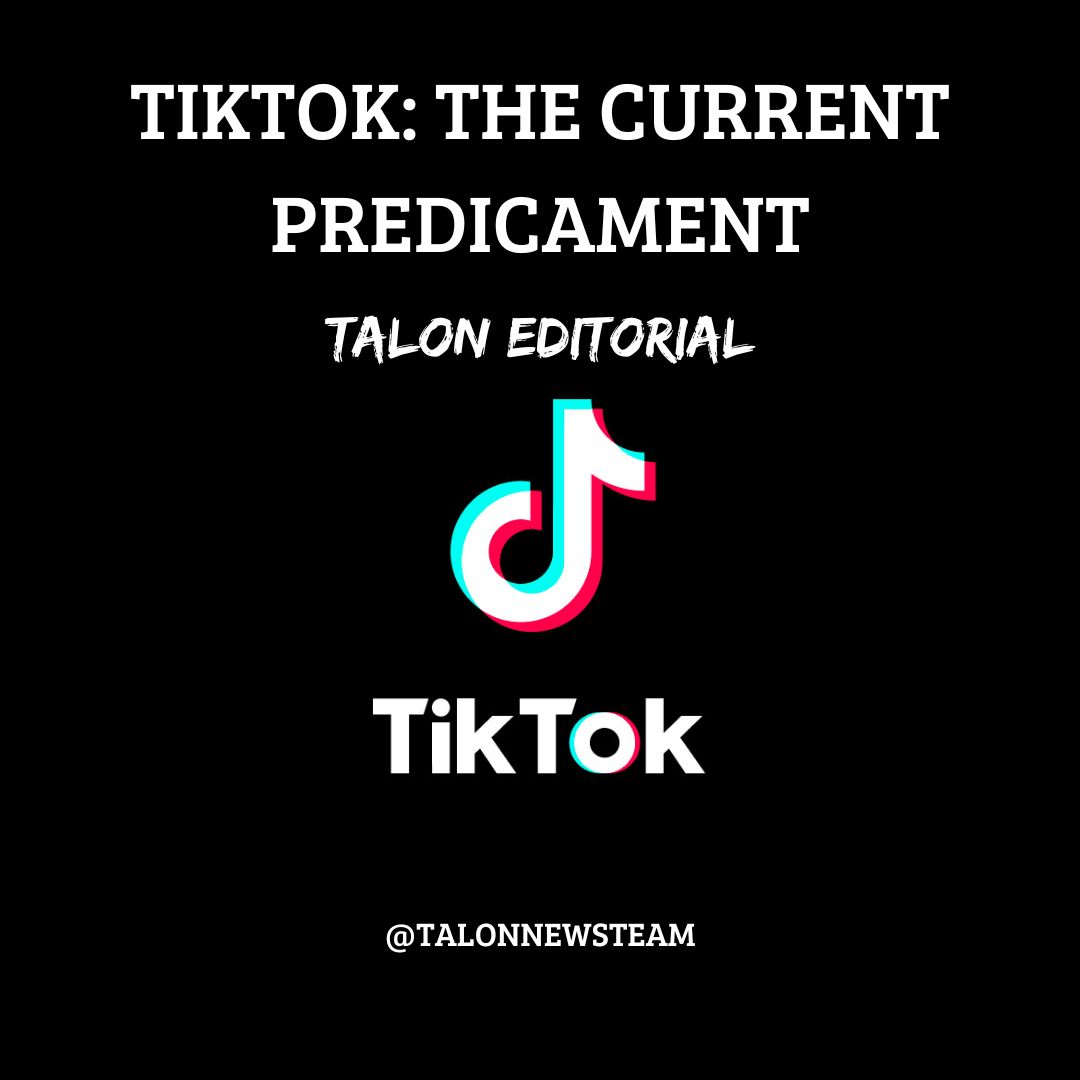

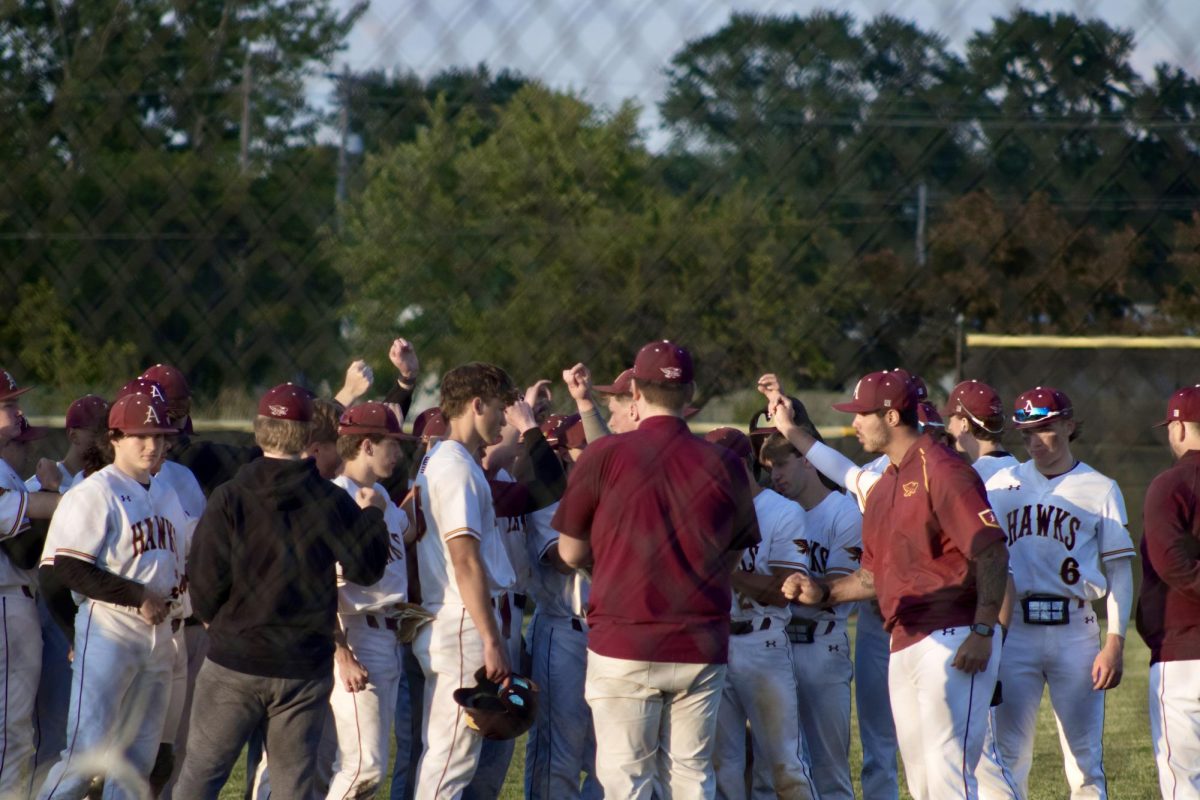
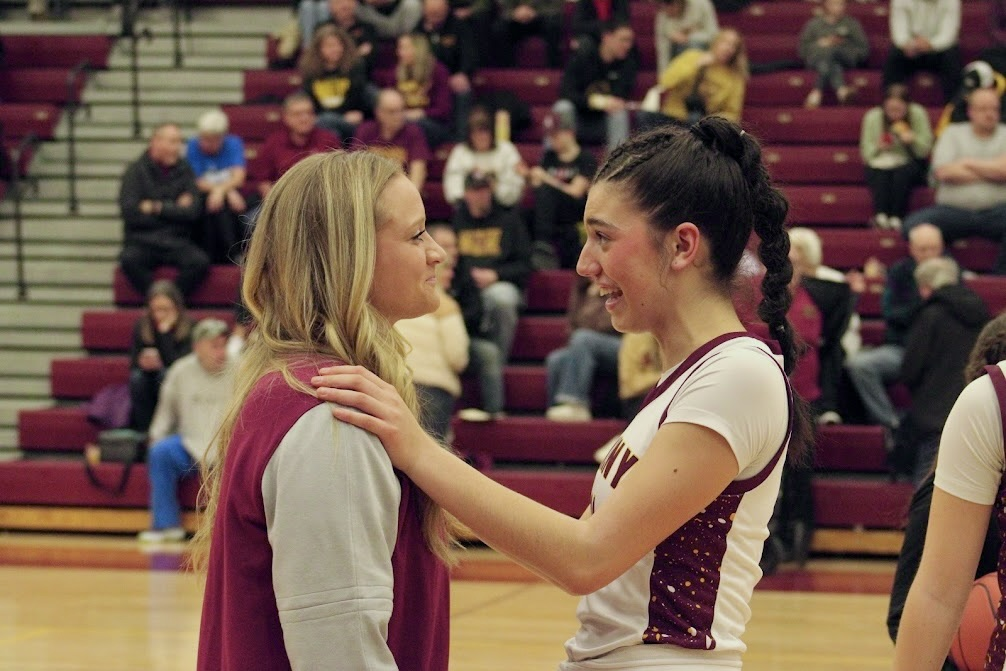


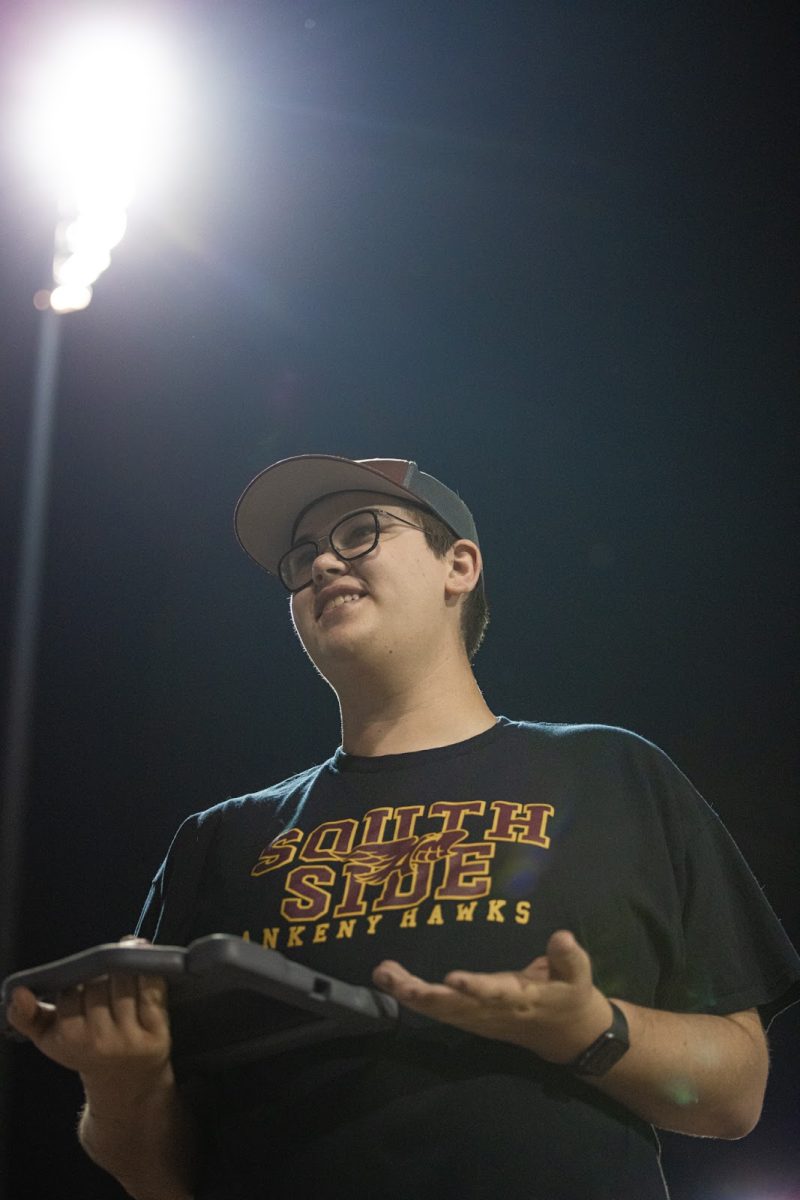


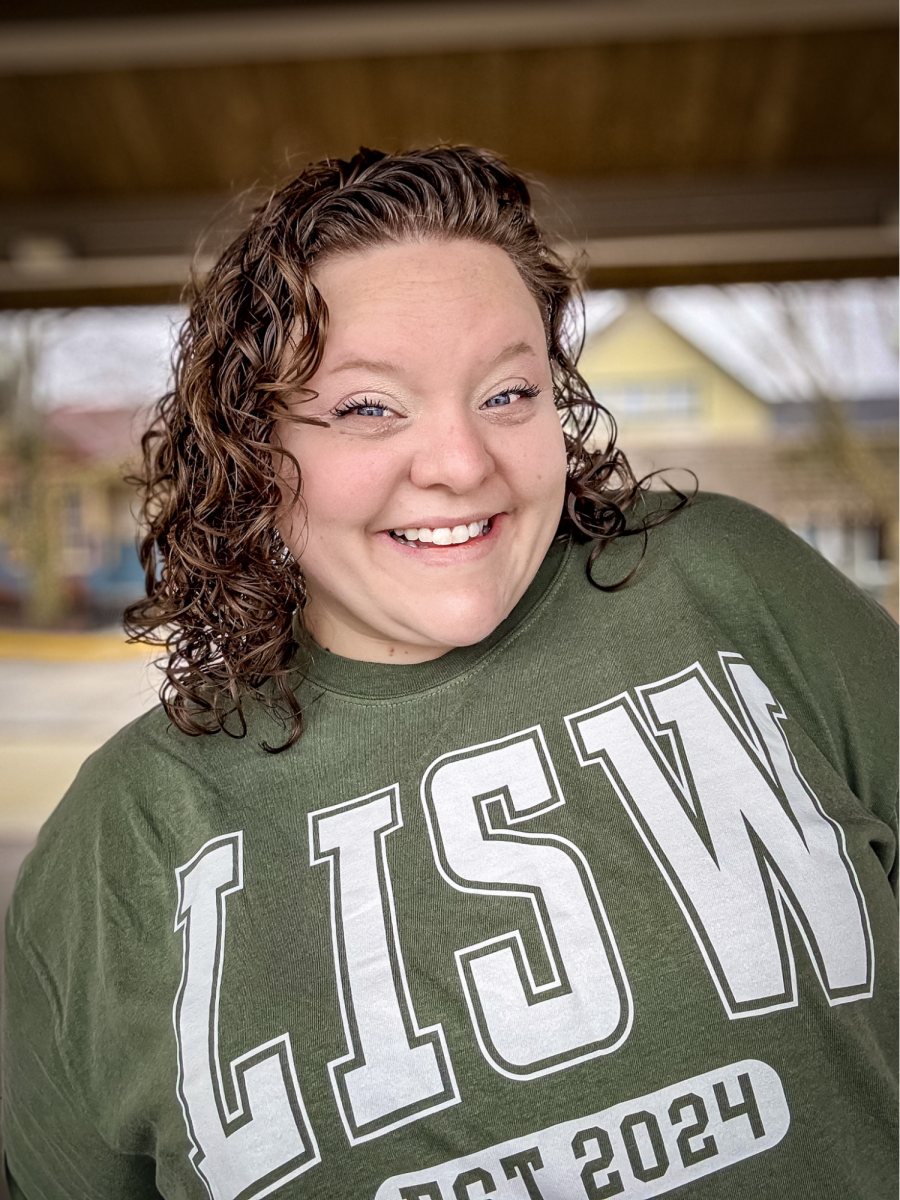

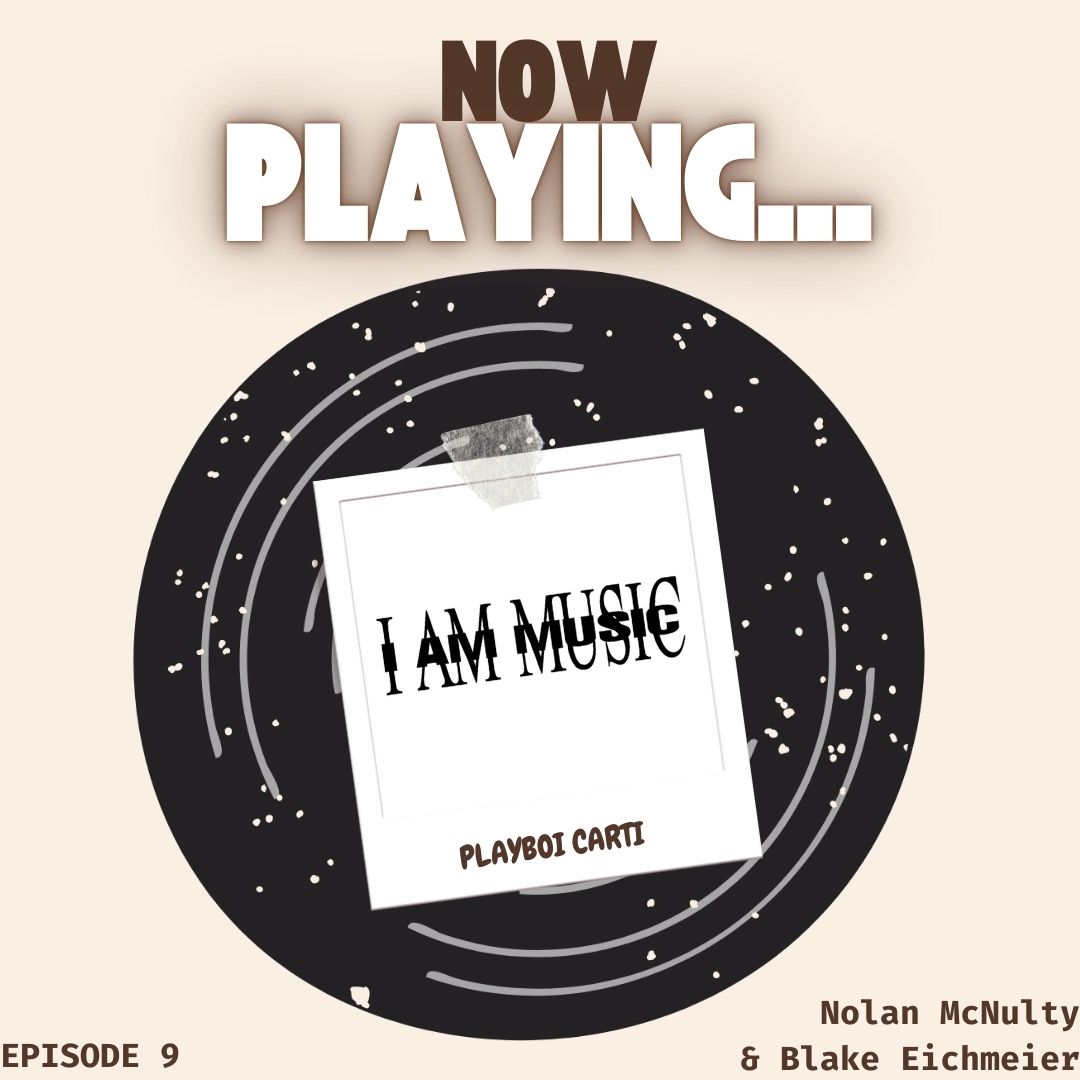
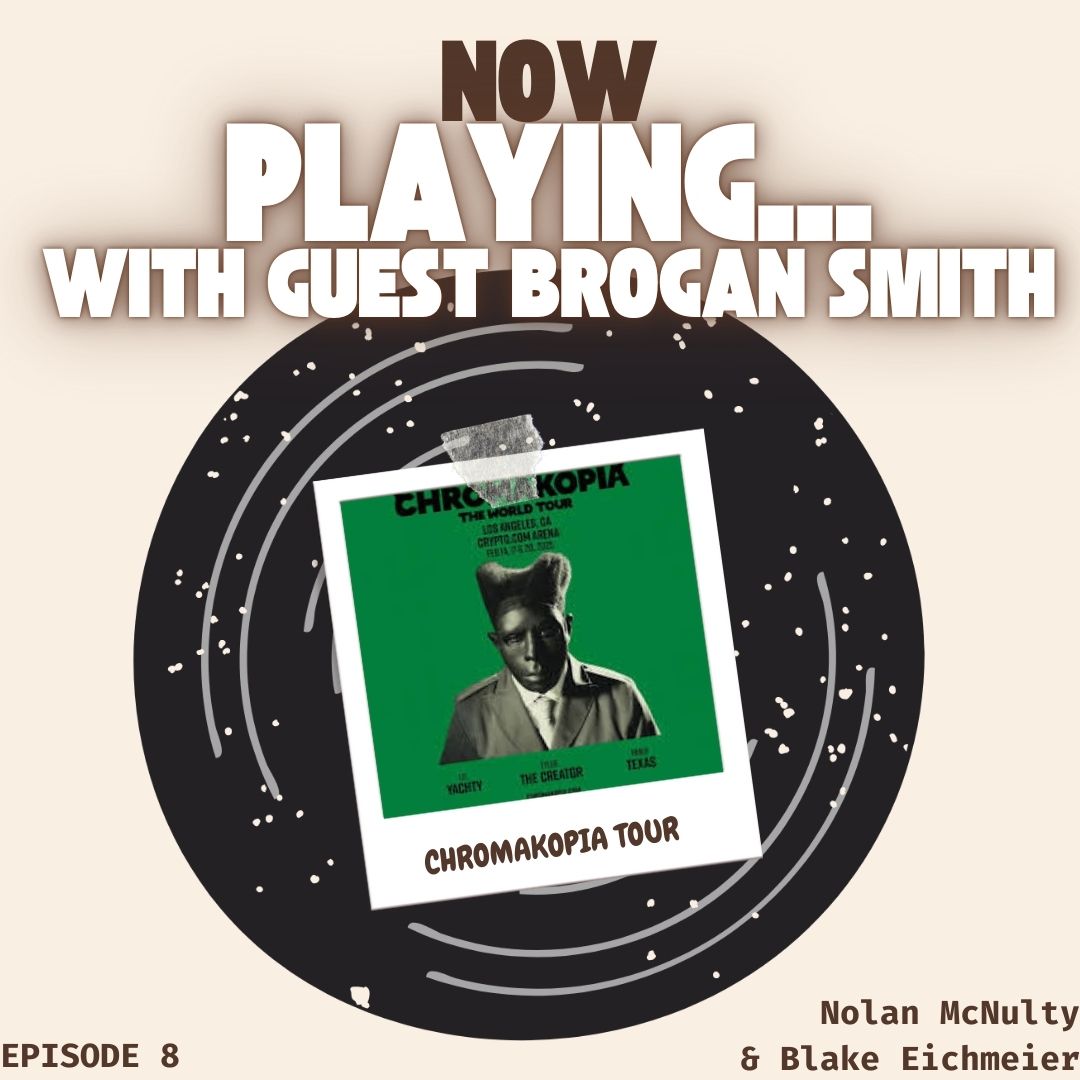

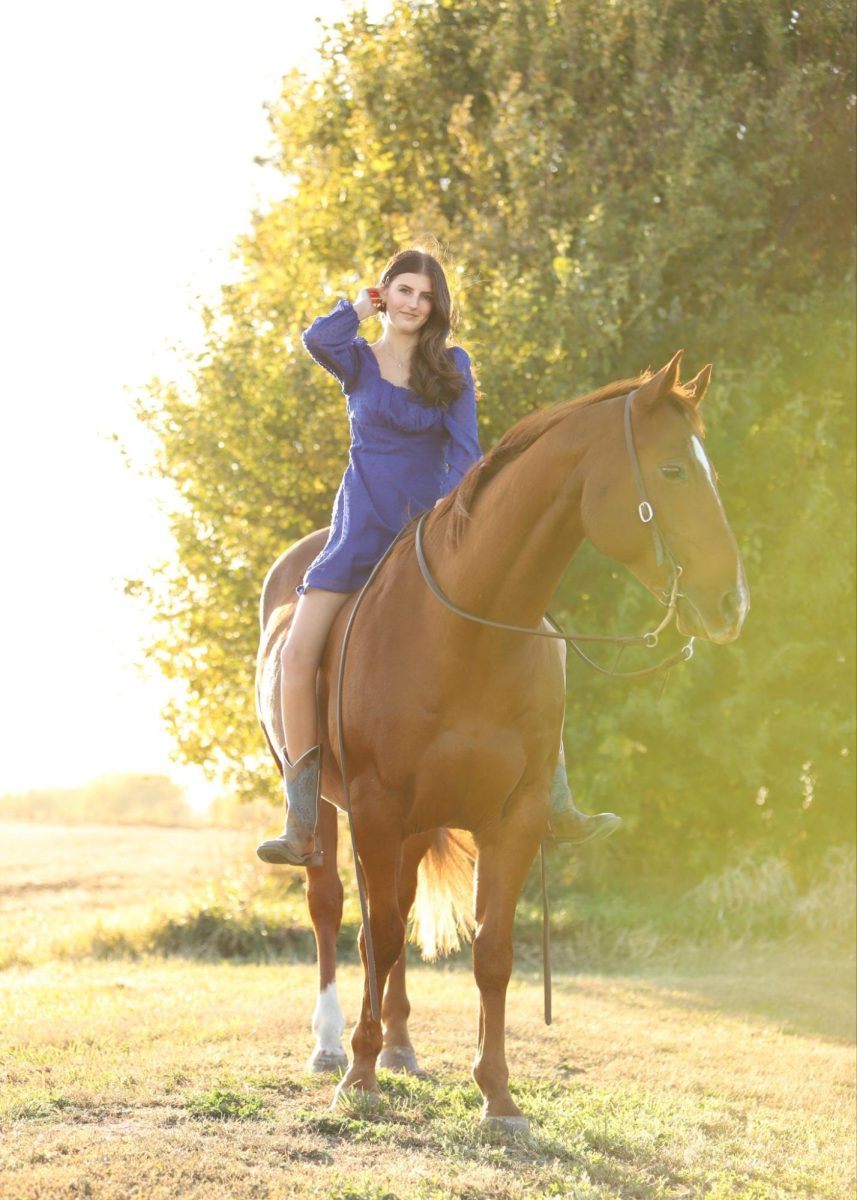
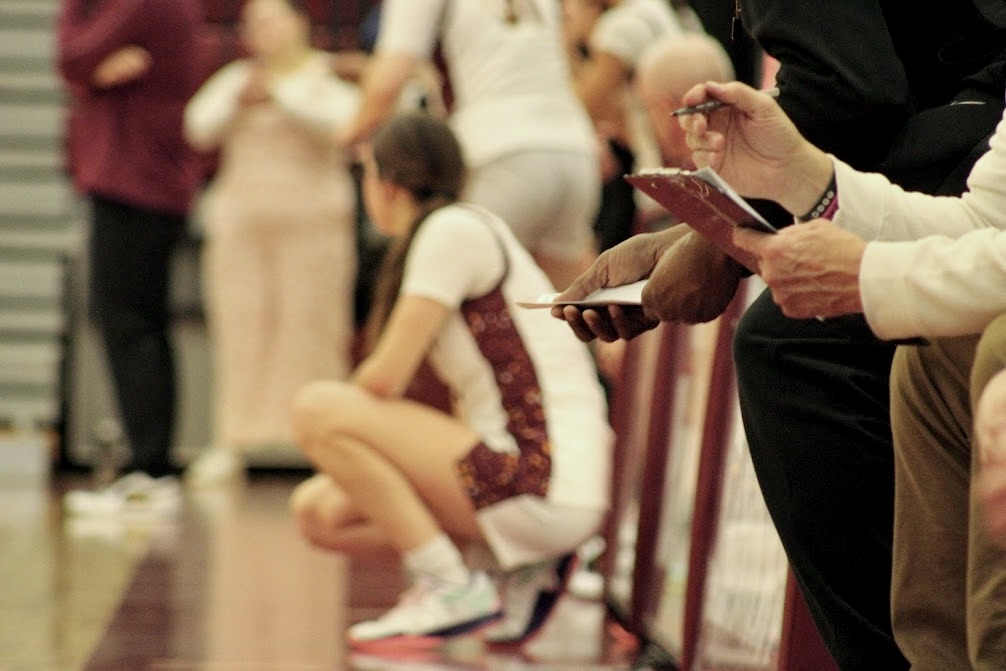
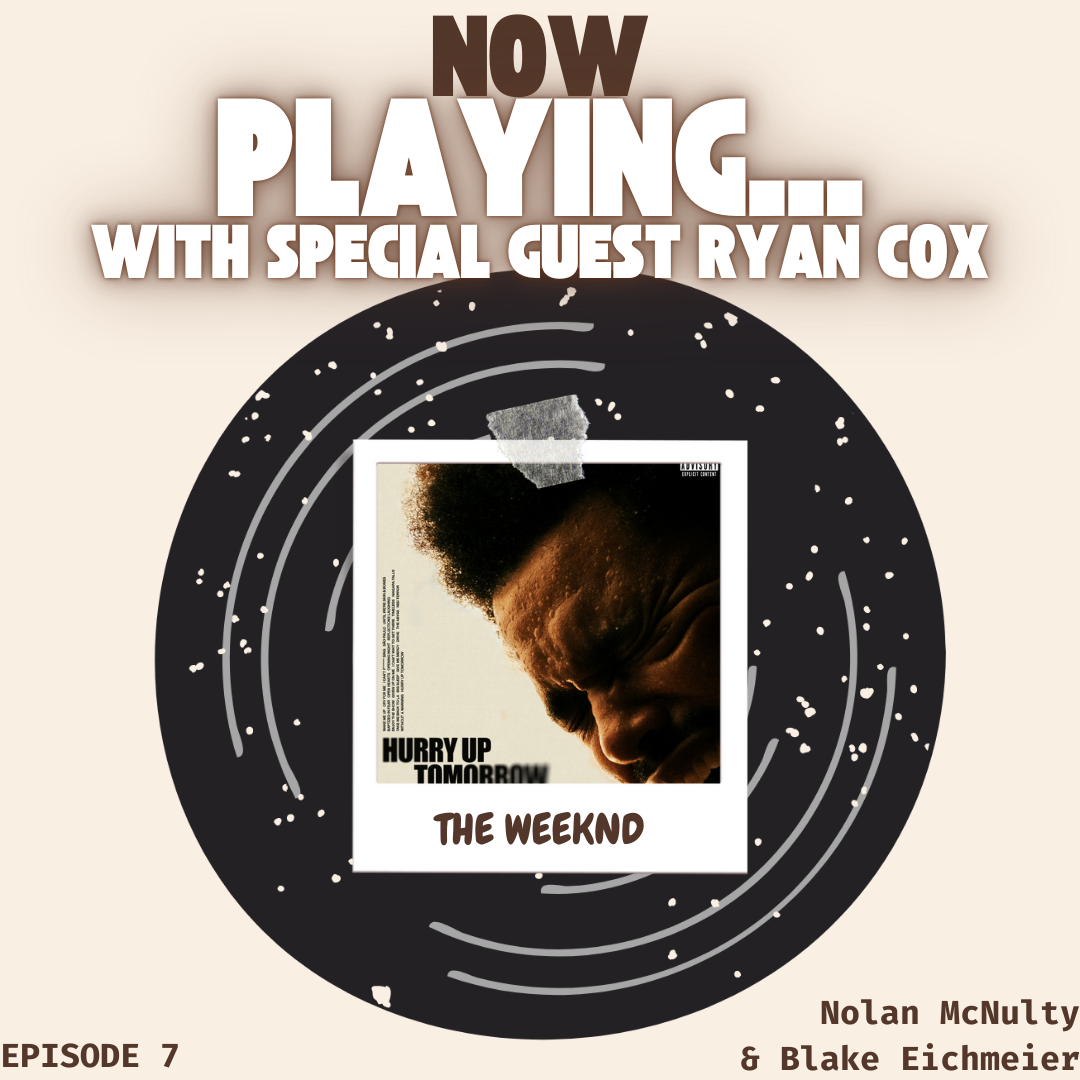
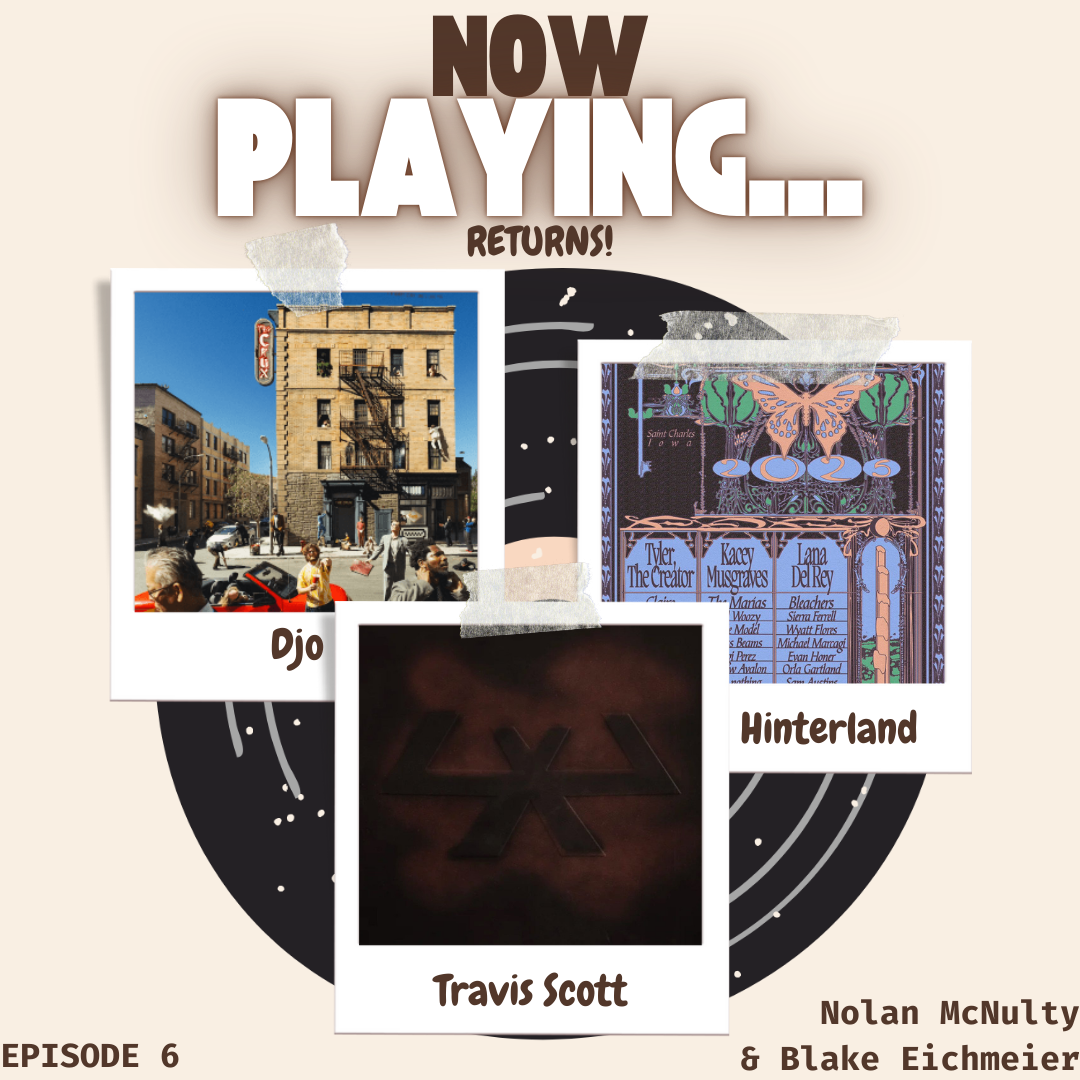

![Bing talking about the plan for the day with her students in one of her AP Biology courses. “If I wasn't passionate about working with students, I don't think [I’d stay in teaching], but no, it's absolutely the students that I have that [make it worth it,” Bing stated. Photo taken by Sylvia Bartlett.](https://ahstalonnews.com/wp-content/uploads/2025/04/bing.jpg)


